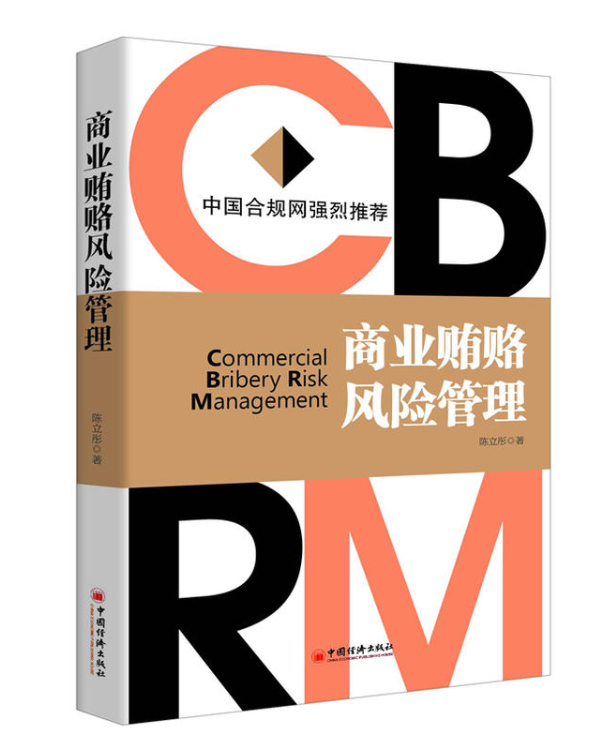On
January 21st, 2019, Xi Jinping, General Secretary of the Communist
Party of China (“CPC”) Central Committee, President of the People's Republic of
China and Chairman of the Central Military Commission, delivered an important
speech at the opening ceremony of the Central CPC Institute. In the speech he stressed the importance of improving
capabilities of preventing and defusing major risks.
When
talking about the important part of national security, like science and
technology, Xi pointed out that China should pace up with launching of preemptive
alerting and monitoring system for science and technology security. Especially, he called on fast-tracking the law-making
in artificial intelligence, gene editing, medical diagnosis, autonomous driving, unmanned aerial
vehicles, service robots and other fields.

For autonomous driving, China
has been making progress in enacting of local regulations as well as one
ministry-level regulation. Specifically,
they are:
+Ministry-level
Regulation:
----The
Administration of Road Testing of Intelligent Connected Vehicles (for Trial
Implementation)
+Local
Regulations:
----The
Administration of Road Testing of Intelligent Connected Vehicles in Beijing
----The
Administration of Road Testing of Intelligent Connected Vehicles in Shanghai
----The
Administration of Road Testing of Intelligent Connected Vehicles in Chongqing
----The
Administration of Road Testing of Intelligent Connected Vehicles in Changsha
----The
Administration of Road Testing of Intelligent Connected Vehicles in Xiangyang
----The
Administration of Road Testing of Intelligent Connected Vehicles in Jinan
----The
Administration of Road Testing of Intelligent Connected Vehicles in Hangzhou
However,
China needs to be hurried to move autonomous driving to highways rather than just testing within playgrounds. To make it happen, law is critical. To make law friendly to autonomous driving, there are many
regulatory issues to resolve, for example, how to balance between national
security and cross-border data transfer. For another example, how can an MNC benefit from tiered protection under
Cyber Security Law while can still have its data stored outside China? And how to define the concept of conditional
autonomous driving by means of "hands-off", "eyes-off" or "mind-off"?
It
seems that China is determined in making changes, and law-making is the right
thing to do. We are working to be helpful, and will keep you informed of our progress.
-
Henry Chen, licensed to practice law in China and the New York, is a senior
partner of Dentons Shanghai Office. Before joining Dentons, Henry was AP Compliance Director of Ford. Henry is the legal counsel of one of the
biggest Internet search engine companies for its autonomous driving projects
covering data integrity and security, protection of commercial secrets under
the context of cyber security, compliance with Cyber Security Law, autonomous
survey and mapping, privacy, risk management on autonomous driving accidents
and car call-back, risk management on network penetration and safety. In addition to TMT areas, Henry also handles traditional compliance issues on FCPA, anti-fraud investigation, compliance management system, corporate matters and dispute resolutions.






